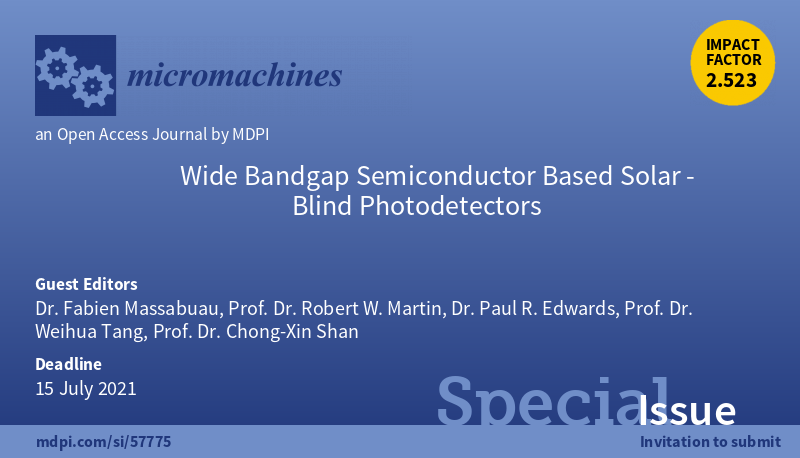Photoconduction of wide bandgap semiconductor materials and devices
Wide bandgap semiconductors (bandgap > 3.5 eV) are vital materials for applications in ultraviolet (UV) optoelectronic devices for, e.g., biochemical sensing, water purification, or high-power transistors. Photoconduction is one of the fundamental properties of semiconductors whereby incident photons at the appropriate energy generate free carriers in the material, thus increasing its conductivity. Studying photoconduction can theoretically reveal important linkages between the electronic, optical and structural properties of the studied material that would help develop new strategies to improve the efficiency of wide bandgap semiconductor devices.
The student will investigate the photoconduction properties of several wide bandgap semiconductors, with a particular focus on corundum phase alpha Gallium Oxide (α-Ga2O3). To achieve this, the student will use the newly built (and only in the UK) setup for wide bandgap photoconduction measurements. The analysis will be complemented with photoluminescence (PL) and UV-vis transmittance spectroscopy measurements, to correlate with the material optical properties. Finally, cathodoluminescence (CL) and electron beam-induced current (EBIC) techniques in the scanning electron microscope (SEM) will be used to observe the identified mechanisms with a nanoscale resolution.
Throughout the project the student will also be exposed to other techniques such as atomic force microscopy (AFM), X-ray diffraction (XRD), electron channelling contrast imaging (ECCI), transmission electron microscopy (TEM), as well as theoretical modelling. We will work in close collaboration with the crystal growers in order to build an in-depth understanding of how the growth affect the photoconduction properties in order to produce materials for efficient devices for UV optoelectronics.
We are looking for a highly motivated, proactive individual with keen interest in experimental physics and knowledge in the following areas: semiconductor materials and devices, semiconductor physics, characterisation techniques, and crystalline defects. Prior experience with the aforementioned experimental techniques is preferable.
To apply, send a cover letter, CV and a recent transcript via email at f.massabuau@strath.ac.uk.
Qualifications:
BSc (Hons) 2:1 or equivalent degree in physics /materials science/engineering.
Funding:
There is no funding for this project (self-funded students only). Please contact f.massabuau@strath.ac.uk to discuss applications for scholarship.



